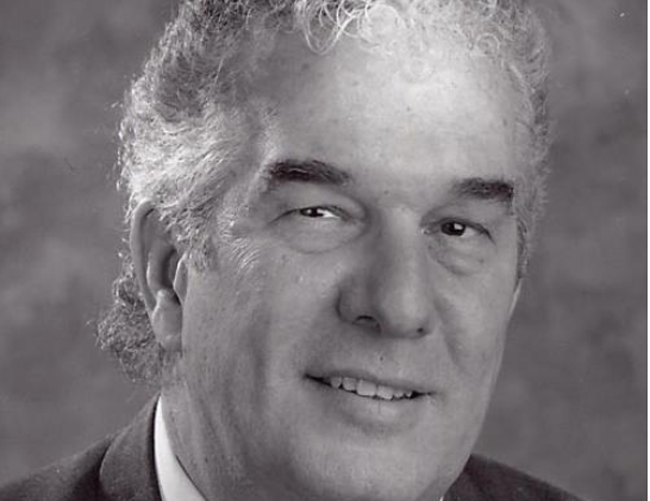Don’t vote: It just encourages them!

By Beverly Sabourin and Peter Globensky
At election time we chide ourselves for not following through with an idea we once had of mass producing and distributing a neon-coloured bumper sticker declaring “Don’t Vote: It just encourages them.” But as cynical as we have become about our electoral and political process we just can’t ignore the ballot box. Perhaps it is something hard-wired into our brains suggesting that as arrogant as our governments are prone to become, voting is one of the few tools at our disposal which lets them know what we think about them! But who can blame the increasing number of politically alienated young people and the thousands upon thousands of Aboriginal citizens in Canada who chose not to vote in national elections?
A somewhat dated but nevertheless insightful study undertaken by Elections Canada concluded that “participation of Aboriginal people at federal elections is usually lower than that of the general population. Aboriginal turnout is affected by the context of each election, including whether there are Aboriginal candidates, and the presence or absence of debate about issues that are important to Aboriginal people”.
For Aboriginal peoples it is a question of relevance and trust. Why vote for politicians who have formed governments in Canada and used their power to dispossess First Nations peoples of their lands in any number of ways – from outright fraud and theft to conniving trickery? Or watched helplessly as these same governments ripped their children away from their families, placed them in distant residential schools only to have their language and culture beaten (often literally) out of them. Or to watch in despair as government study upon government commission are undertaken only to have the final results collect dust in some forgotten archive? Scores of Aboriginal Canadians decide to disenfranchise themselves from helping to elect our national governments. They believe that doing so is like appointing weasels to come up with the best way of protecting the hen house. They have concluded as James Bovard once said that “democracy must be more than two wolves and a sheep deciding what to have for dinner”!
Like so many other Canadians, Aboriginal voters in Canada have watched with increasing disdain if not disgust as our politicians engage in character assassination and attack ads, robo calls and election fraud the appointments of party hacks and bagmen and women to very well paying plum patronage positions, and most recently and perhaps worst of all, the cover-ups and corruption that surround our embarrassing and unelected pork barrel of a Senate and the over-entitled occupants who dine and drink there at our enormous expense.
As well, many Aboriginal Canadians would argue that they participate in the election of their own Chiefs and Councils and, if only very indirectly and vicariously in the election of their leaders in various regional, provincial and national organizations like the Assembly of First Nations or the Union of Ontario Indians . But we would argue that the most effective of these leaders and the organizations they represent can be, at best, leaders of the other “Official Opposition” in Canada – and that is not enough!
Despite it being a monumental challenge, is it not time to begin mobilizing the kind of electoral power that Aboriginal citizens can exercise through the ballot box? No, we’re not just talking about nominating and electing Aboriginal candidates for public office. More importantly and particularly in those many ridings and constituencies across the country where Aboriginal citizens make up a sizable voting block, Aboriginal voters can considerably influence and may often decide who will best represent and best advance their interests in Parliament. This is not to suggest that Aboriginal Canadians would or can vote in a block for the same candidate or the same political party. However, with the guidance of their provincial and national leaders who could provide assessments of how the various political parties might serve the rights and interests of First Nations, Aboriginal voters could ultimately influence who forms a government!
Recent research indicates that in a handful of ridings across the country, the aggregate number of votes in all ridings separating the first place Conservative Party candidate from the second place finisher was 65,000. If that same handful of ridings had gone to the other political parties, we would have a minority government and not the arrogant one we currently have had to endure. There is power in numbers and in those ridings where there is a sizeable Aboriginal population, that power can be exercized. The challenge is convincing Aboriginal voters that our broken political system is worth participating in, that the ballot box can be a way to protect and advance Aboriginal rights and interests and defend both against the loud chorus of crows who would deny them.
Beverly Sabourin, recently retired as the Vice-Provost of Aboriginal Initiatives at Lakehead University, is a member of the Pic Mobert Ojibwe. Peter Globensky is a former senior policy advisor on Aboriginal Affairs in the Office of the Prime Minister and recently retired as CEO of the Canadian Council of Ministers of the Environment. They invite your comments at basa1@shaw.ca


